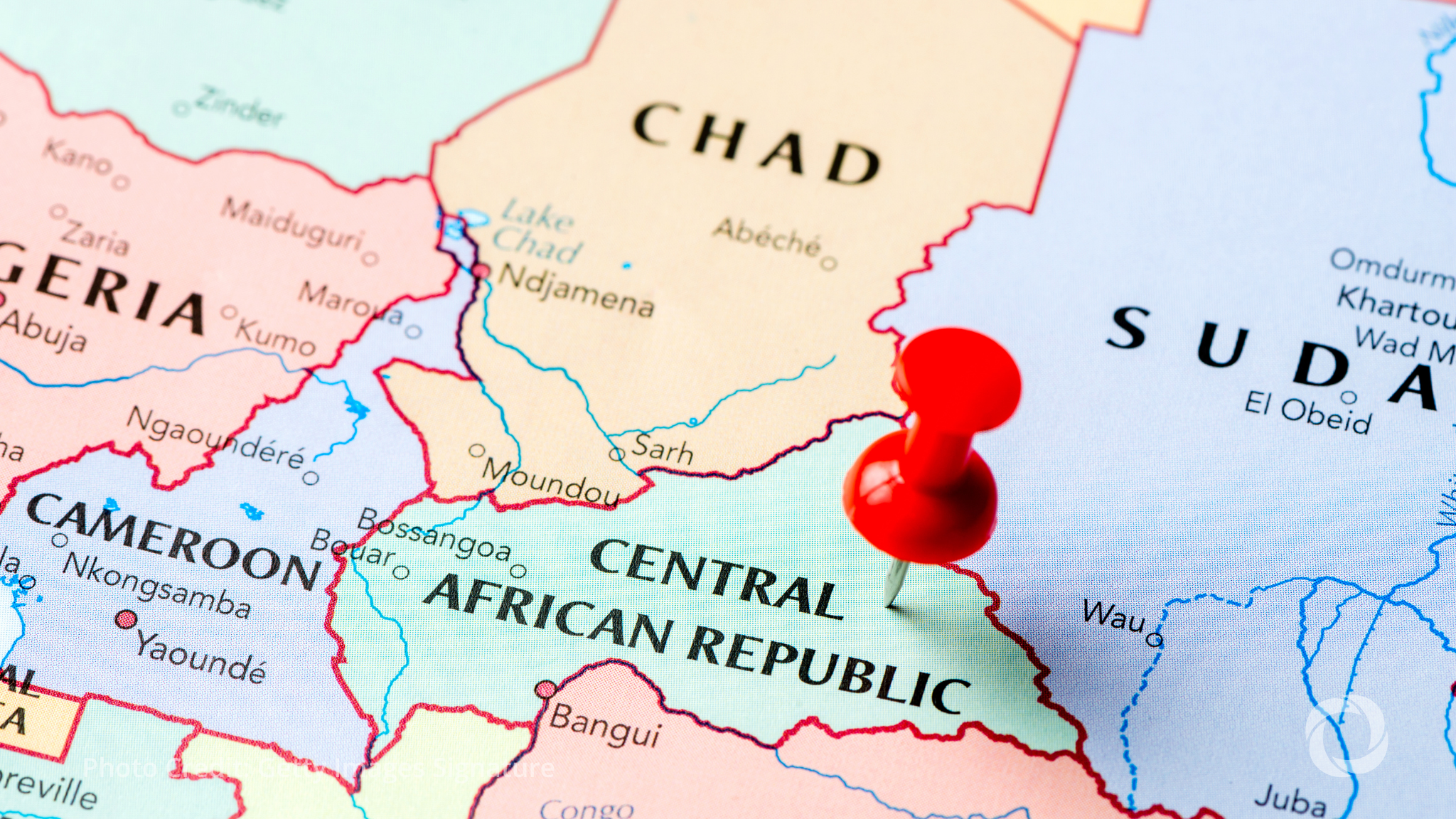The World Bank has approved $280 million to expand a regional health program to Central Africa, helping five countries prepare for and respond to health emergencies like epidemics, climate-related health shocks, and zoonotic diseases, the bank announced. The third phase of the Health Security Program in Western and Central Africa will support Cameroon, the Central African Republic, Chad, the Republic of Congo, and the Economic and Monetary Community of Central Africa. An additional $10 million grant from the Global Financing Facility will help Cameroon prevent disruptions in health services for women, children, and adolescents.
The region faces a tough combination of challenges—fragility, displacement, porous borders, and changing weather patterns—that raise the risk of health emergencies and strain already weak health systems. Trina Haque, World Bank Regional Director for Human Development, says the program responds by investing in surveillance, laboratory networks, and frontline health workers while promoting inclusive and resilient service delivery. “It will help countries move from reactive crisis response to proactive preparedness,” she said.
The program will support national and regional contingency plans, strengthen labs and surveillance systems, and expand training for health professionals, including women in epidemiology and veterinary sciences. It will also finance green and resilient health infrastructure and promote One Health approaches that bring together human, animal, and environmental health.
Marina Wes, Acting Regional Integration Director, calls the program “more than a health initiative: it’s a regional development engine.” By promoting cross-border collaboration and aligning health systems, the program will create positive effects in trade, mobility, and social cohesion. It will create thousands of jobs in health, logistics, and infrastructure, particularly for youth and women in underserved areas.
The program is part of a broader multi-phase approach with $688 million in total financing covering eight countries across West and Central Africa.

